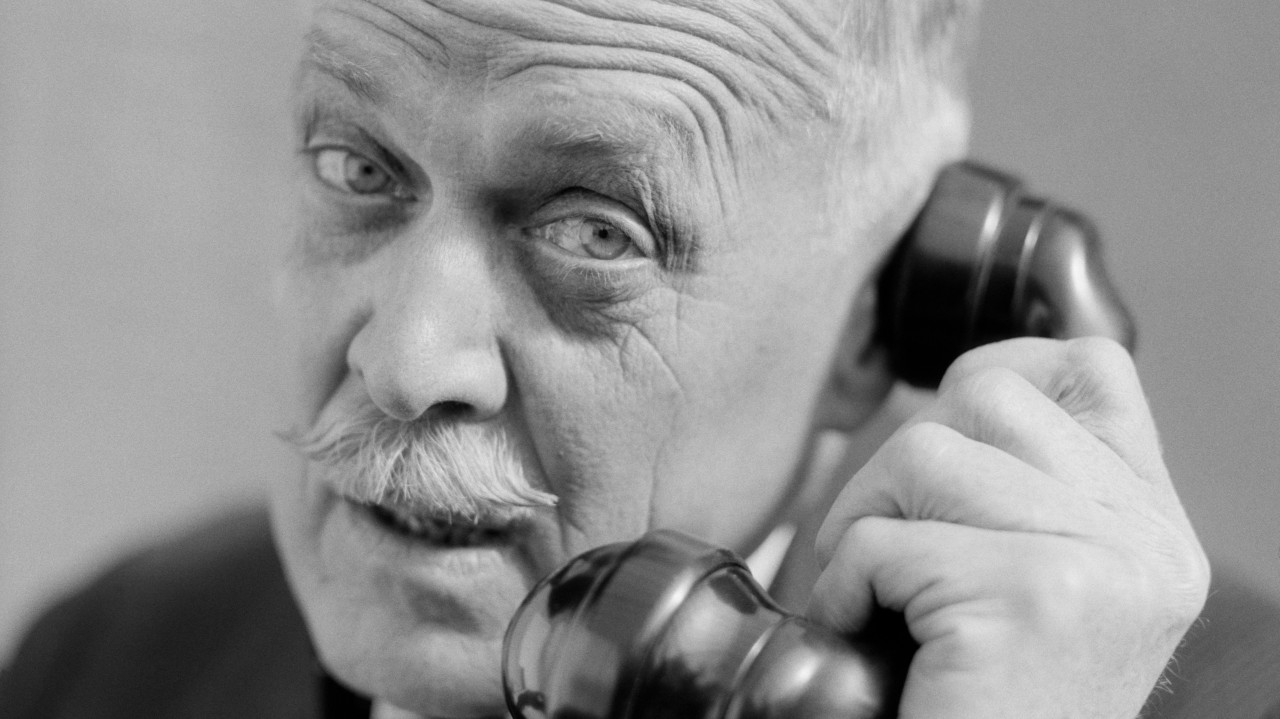There are many clients who come to us with the “I suck; I’m not doing enough for my clients” mentality. I assure you, it’s entirely subjective and creates a downward spiral. The answer to share with a client like this is: “Well, what would enough be?”
It’s about focusing on the objective measurement because, very simply, you cannot do everything for a client. “Everything” is another word for more, which is another word for infinity, which can never be measured, let alone attained. Instead, create an objective standard that frees your mind. When you have an objective standard, you remove (or at least reduce) friction. And when you do that, you go further, faster, and with less fuel.
Ask and define what the proper service model is and whether or not your are delivering on the promise. To deliver on any promise, that promise must be clearly defined.
Similarly, when you get to the end of the week and find yourself starting to berate yourself for not having done more, it comes back to subjective measurement. When it’s Friday at 2:00 p.m. and you’re adopting the “I suck” mindset, ask yourself that if it’s not on your calendar, why are you having the “I suck” conversation? Whenever you shoot from the hip, more than likely, you’re going to miss.
Surrender to your calendar and structure because that’s what sets you free. If you did not put something on your calendar for 2:00 p.m. on a Friday, ask yourself why not? To the greatest degree possible, live in the world of objective measurement rather than the subjective. When you’re objective, you are keeping your mind free—you’re hitting the target or you are not. When you’re subjective, you’re keeping yourself in fog and basing success on feeling and emotion, two things that tend to only be in the moment. The danger is that as humans, we tend to default to the negative and get stuck in the “I suck” conversation.
You can only measure something objective. The ability to measure eliminates emotion. Moreover, when you maintain objectivity, your mind will begin working out systems and structures around that which you are measuring (e.g., the number). For example, in tracking protein intake, I see I’m not eating enough protein. It’s a very objective measurement. In turn, that clarity shifts my behavior to eating more protein. If I wasn’t tracking it, I’d be in a fog and unaware. I might think I was eating enough, but that would simply be subjective emotion about it. With a tangible measure, I begin working to complete the desired target.
When discussing goals with a client, he said, “I want to be a better dad.” Cute but subjective. And if it’s subjective, it’s unattainable. Instead, I had him discern and delineate what steps he needed to take and exactly what defined “being a better dad.”
Once you define anything, you can execute on it. Without definition, you are meandering in the fog.
Coach Ken








